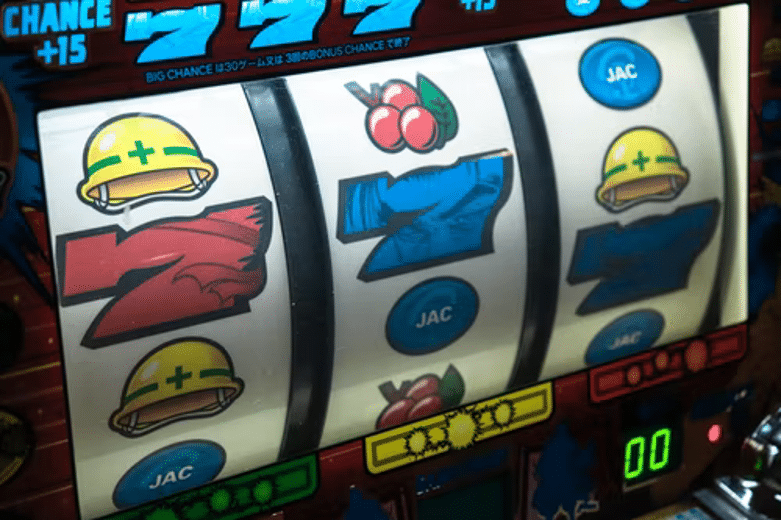There is a lot of debate about how slot machines are programmed to payout. You can see why by checking out the best slot sites in NJ cataloged here. As you can see, there’s a ton of money involved! But is it going to the winners or the house?
Some people believe that the odds favor the house, and others think they’re rigged to favor the player. Let’s explore this further.
First, let’s look at where these beliefs come from. There have been many studies done on slot machine payout percentages over time, but it turns out that there is no consensus among them as to what those numbers are, which means that nobody knows for sure!
Regardless of who you ask or which study you read, some say slots always pay out more than 80%, while others argue they’re less than 50%. The truth is probably somewhere between and depends on several factors, including where you look, who you ask, and how machines are set up. The video below is dedicated to explaining everything you need to know about slot paybacks:
While there may not be a consensus about the actual payout percentage of slots, we know that it varies depending upon where and when you play; for example, in Atlantic City, legal slots payout around 75%. This is likely to have something to do with the cost of operating a casino in New Jersey. The same can be said for low-traffic casinos, which are likely to have lower payout schedules than high-traffic ones. Of course, if you compare that number against other forms of gambling such as blackjack, craps, sports betting, and even poker, you’re more likely to find an edge for the house.
How slot machines are programmed
When it comes to the actual programming of slots, there’s no doubt that they are programmed to pay out less than is statistically possible; however, this is done intentionally to achieve a mathematical advantage for the house over time. The best way to imagine this is by thinking of it as a form of “deflation” rather than the traditional concept of inflation. In other words, slots are programmed to pay out less money in general, and as time goes on, they pay out less and less. This is referred to as the “degradation of payout percentages” and is deliberate. It can’t be avoided because it’s based on statistical probabilities.
Slots are programmed to pay less money over time to achieve an advantage for casinos.
Part of this process involves ensuring that, whenever a jackpot does win, it is always for a certain minimum and never for the maximum.
The house needs to make money from its slot machines to stay in business even though they want to give players a great time. They also need to recover the cost of bonuses and promotional offers, changing how slot machines payout. For example, if there’s a jackpot of $100,000 and you win, it’ll be paid out as $60,000 most likely.
The truth is that we don’t know precisely how slots are programmed. Still, we can take an educated guess and say it’s based on probabilities and mathematical models to maximize profits over long periods. The bottom line is that even if a machine pays out, it will not be for the maximum amount in the long run. You can’t win a “perpetual jackpot” on slot machines.
How slot machines work
Now that you understand how slot machines are programmed to payout, it’s time to learn precisely how they work. If you’ve ever played slots in an online casino, this may seem like common knowledge; however, there are still a few things you should know. First of all, the following information applies to New Jersey slot machines, and not all states have them:
– Slot machines in New Jersey do not have a “maximum jackpot.”
– Slot machines in New Jersey do not have a “progressive jackpot.”
Virtually all modern slot machines consist of five reels and three rows. Each reel contains 13 symbols for 39 symbols on the device overall. Every time you hit spin, these symbols will come up and stop randomly on the pay line.
How the game works
The interface is straightforward to use, and it doesn’t take more than a couple of minutes to learn how to play:
– The first thing you need to do is pick a coin denomination and hit “bet one” or spin if you want to bet the maximum amount.
– The next thing you’ll see is a screen that tells you exactly how many coins you bet and pays out if you win.
– Finally, the reels will come up and stop randomly on a particular row. This row determines your win or loss. Keep in mind that symbols aren’t necessarily from left to right.
How slot machines are programmed to payout over time
For a slot machine to be profitable in the long run, it has to have a “hold percentage”, also known as the amount of money that the machine keeps compared to the total amount bet.
In other words, this is how much they’re able to make off of each player over time, including all promotional offers and bonuses.


